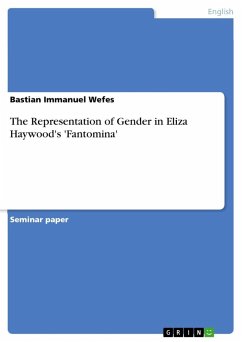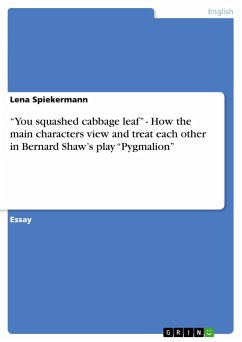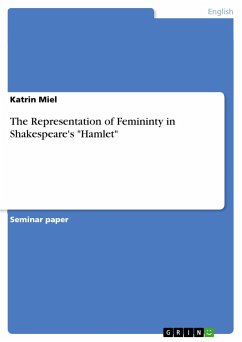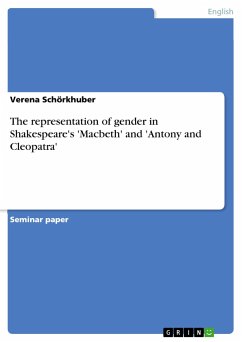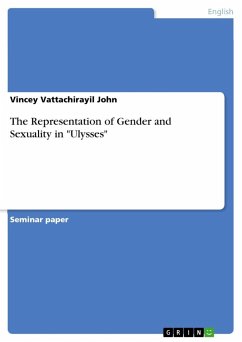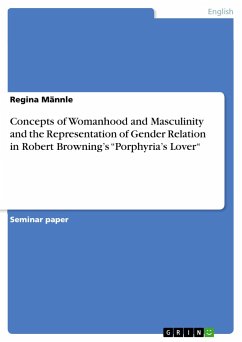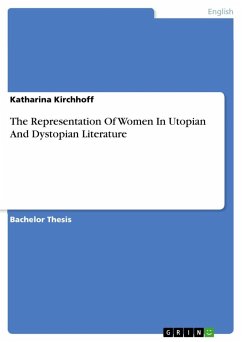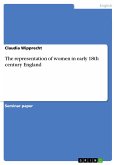Seminar paper from the year 2012 in the subject English Language and Literature Studies - Literature, grade: 1,3, University of Wuppertal (Fachbereich Geistes- und Kulturwissenschaften), course: British Literature, language: English, abstract: Looking at the representation of Eliza Haywood in the works of literary scholars reveals an ambivalent positioning. Whereas some authors regard Haywood's works as central cornerstones of either the genre of the novel or women's writing in general (or both), others hardly mention her and if so, Eliza Haywood is presented more as a public figure in the early eighteenth century or for the arguments she had with contemporary writers like Jonathan Swift or Alexander Pope (cf. Probyn 229f.) than as a competitive writer.A similar phenomenon can be noticed in the way in which her novel Fantomina; or, Love in a Maze is included. Again, some authors make Fantomina and the female protagonist the center of their studies (especially in cases where the main focus is on the role of women), others consider it not even worth mentioning, even when selecting works by Haywood for a special edition (cf. Backscheider). All this leads to the conclusion that Fantomina (or Haywood in general) is especially relevant for writers dealing with the role of women in literature, either as writers or as protagonists within the actual works.The concept of gender as the distinction between male and female entities is one which has been developed in the 20th century and is at the same time especially a matter of English language. Many other languages express gender with the same word they use for genre (cf. Skinner 53) or for sex1. However, gender roles have also been an issue in literature before before the term's introduction. In this paper, I will first discuss whether the rise of the novel and Eliza Haywood as a writer have been promotive elements to gender issues in literature. Secondly, I will use some selected elements of Fantomina to examine gender-related questions in the plot and finally, I will use the conclusion to point out the gender roles represented in Fantomina with respect to the time it was written in.
Hinweis: Dieser Artikel kann nur an eine deutsche Lieferadresse ausgeliefert werden.
Hinweis: Dieser Artikel kann nur an eine deutsche Lieferadresse ausgeliefert werden.

